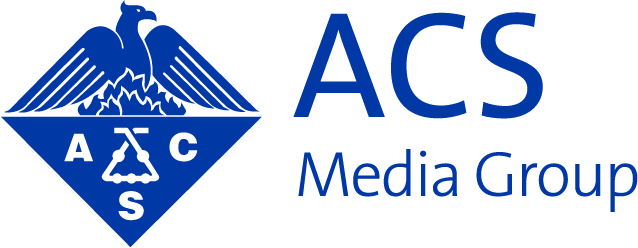Website cookies are an important tool for analytics, user experience management, content targeting, and much more. But science companies may not have a complete grasp of what cookies are operating on their websites, or how different types of cookies offer different advantages and weaknesses. This blog will break down the differences between first-party and third-party cookies and unpack the pros and cons of incorporating each type into your website and science marketing strategy.
What Are Cookies?
Website cookies, or HTTP cookies, are a fundamental part of the modern internet, but we rarely think about them until cookie consent banners pop up on a page. Cookies are small text files created by the websites you visit to identify you as a user and save information about your time browsing the site. Their purpose is to enhance the browsing experience by tailoring information to the user. For example, they may store past activity and progress or serve locally relevant content. By storing the files locally on users’ devices, websites can create accessible data files for any number of users without needing to store them on their own servers. But not all cookies are created equal—let’s take a look at the features of first-party and third-party cookies.
First-Party Cookies
First-party cookies are essential to making our time on the internet more convenient and useful, while also providing websites with analytics data about user behavior. First-party cookies belong to the domain of a site a user is visiting directly. So, if you’re browsing ProductWebsite.com, first-party cookies are those created and used by the “ProductWebsite” domain. They’ll then be automatically stored on your computer and used the next time you visit ProductWebsite.com to optimize your experience. First-party cookies let sites remember language settings, usernames and passwords, and items added to e-commerce carts. If you’ve ever logged into a website and added items to a cart, left the website before purchasing, and returned days later to find your login saved and cart intact, you can thank first-party cookies.
This can be especially useful to science websites where users may be shopping for products with highly specific technical constraints. It’s incredibly frustrating to rebuild an entire cart of lab supplies if you accidentally close a page. Additionally, having shared login information saved across the many sites the members of a single lab or institution use for their research can save the effort of remembering various usernames and passwords.
Third-Party Cookies
While first-party cookies are only used on the domains that create them, third-party cookies are created by domains other than the one a user is currently visiting. So, when that first-party cookie for ProductWebsite.com is created, there could also be a third-party cookie created by a third-party advertising provider. It is set by a separate server, such as an adtech platform, via code loaded on the host website a user visits. It is then accessible on any other website that loads that third-party server’s code, effectively “following” a user around the Internet.
Third-party cookies are a bit more controversial than first-party cookies because they’re largely for the benefit of websites, allowing them to observe consumers and monetize their data. They can also be helpful to users—if you’ve ever relied on a website’s chat functionality, it was probably delivered through a third-party service. But on the more contentious side, third-party cookies can be used to track users between websites and display relevant ads based on user behavior. Bringing it back to science, a newly-funded PI looking to buy a confocal microscope for their lab might start searching product comparison guides for the best available product. Third-party cookies created on those websites could then power ad retargeting for various brands of microscopes for days after that initial search. However, as users have become more aware of data collection and use by the websites they visit, growing concern over privacy has led more people to shut the door on third-party cookies.
| FIRST-PARTY COOKIES | THIRD-PARTY COOKIES |
| Make internet browsing more convenient for users | Largely for the benefit of websites to observe consumers and monetize their data |
| Belong to the website that a user is directly visiting | Created by domains other than the one a user is currently visiting |
| Save user preferences, login information, and items stored in online shopping carts | Can power ad retargeting across different websites as well as chart functionality |
The Death of Third-Party Cookies
Because of associated concerns about user data privacy, many internet browsers (such as Firefox and Safari) already block third-party cookies by default. Between this, the rise of ad blocker extensions, and Google Chrome’s plan to eliminate the use of third-party cookies by 2022, it appears third-party cookies are about to crumble.
What does this mean for science companies and their marketing teams? Cookies power much of the digital marketing landscape today, but the death of third-party cookies shouldn’t drive science marketers to despair. Firstly, the scientific community may be more tech-savvy than the general population, so it’s not hard to imagine that many users within that market were already blocking third-party cookies, which softens the blow within this market.
Additionally, there is plenty of room to adapt, and many brands, agencies, and adtech firms seem ready to do so. Even without tracking user behavior outside of their website with third-party cookies, companies can accomplish a lot with first-party cookies. Moving forward, thoughtful use of first-party data can inform marketing strategies and help curate better and more personalized onsite experiences. An easily navigable and user-friendly website is a huge factor in keeping potential customers engaged!
The loss of third-party cookies also presents an opportunity to fill the gap left by hyper-targeted third-party ads with higher-quality creative media. The marketing landscape will certainly change as third-party cookies continue to phase out, but science companies can think of it as another experiment to tackle.


















